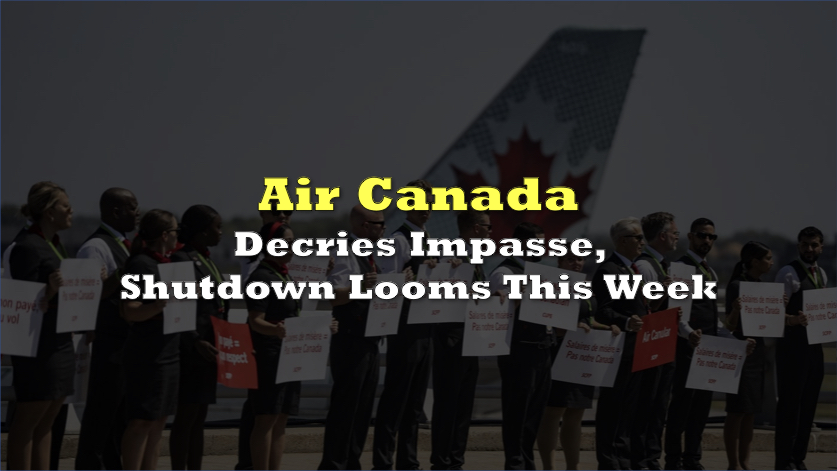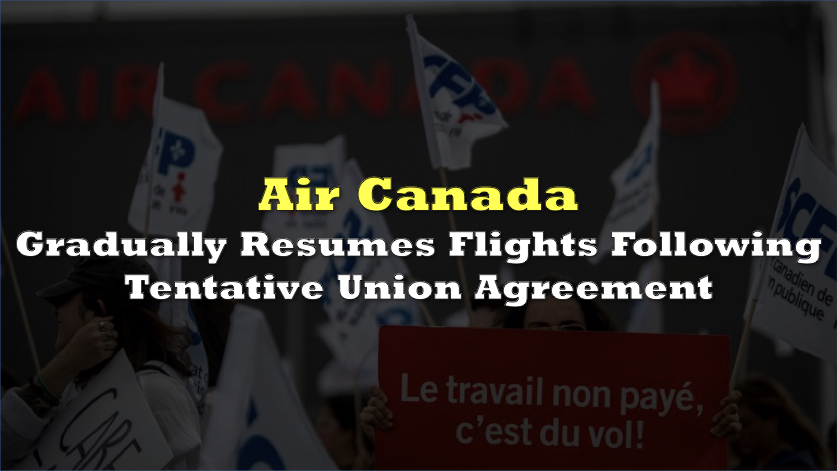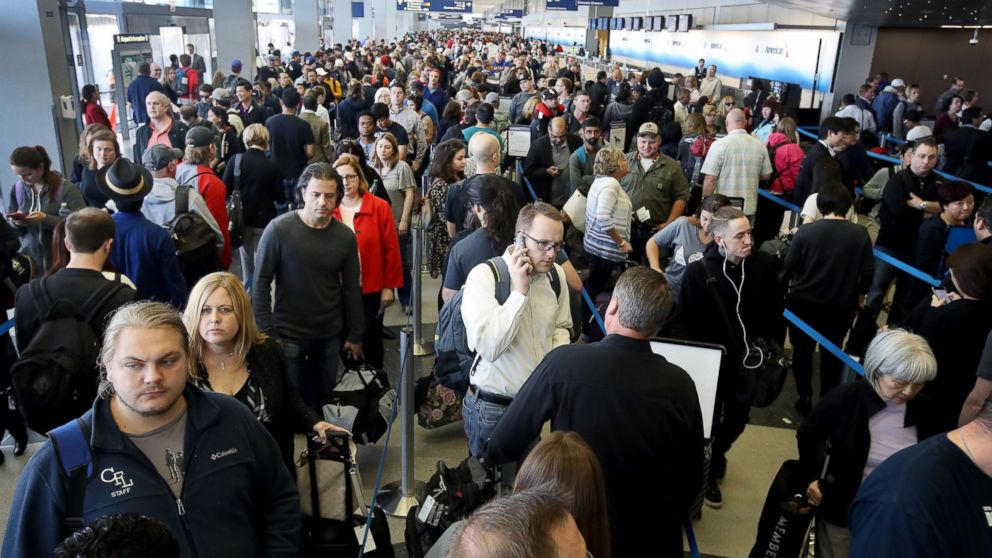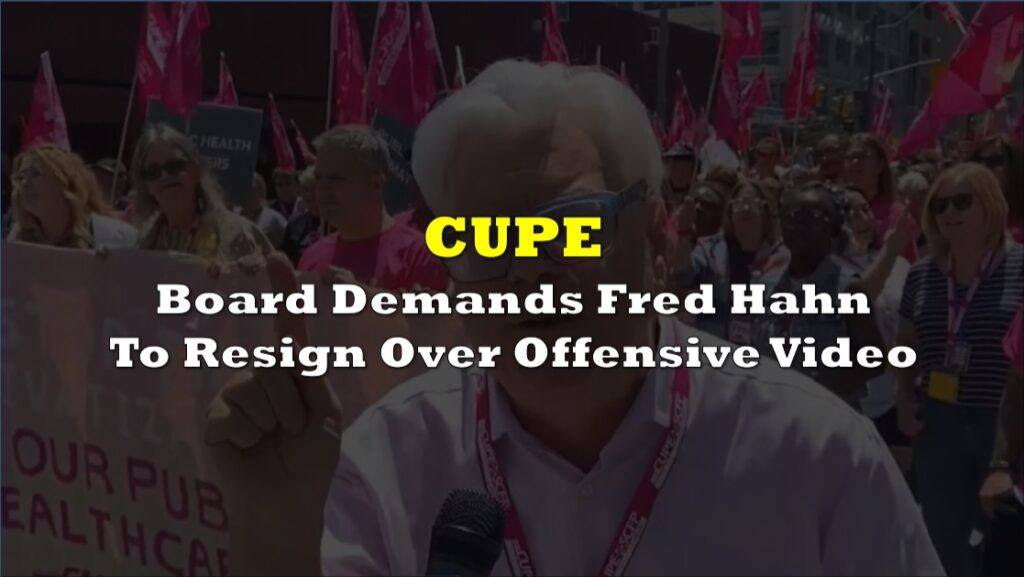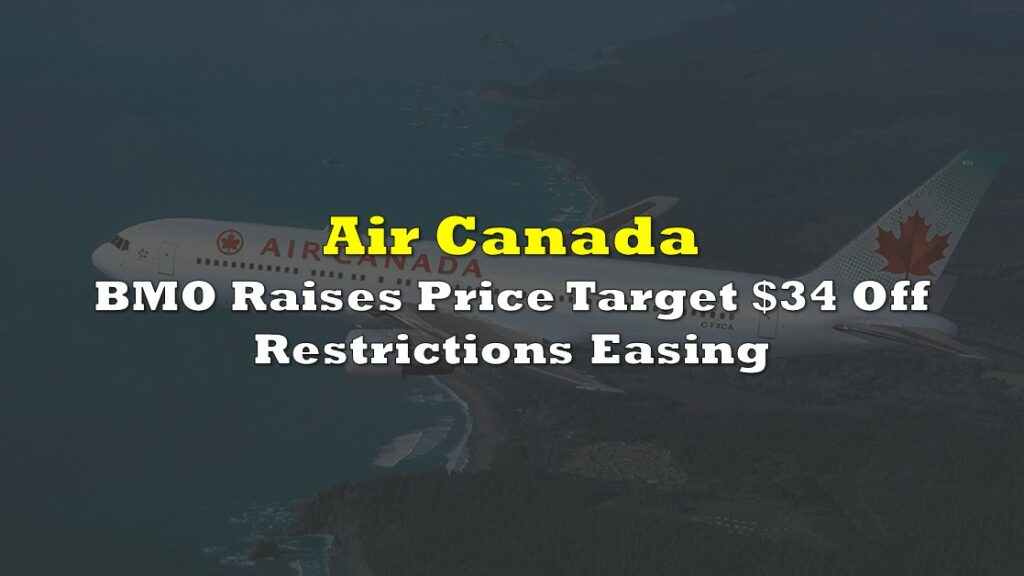Air Canada escalated contingency plans after flight attendants served a 72-hour strike notice, with a walkout set for August 16. The airline responded with its own lockout notice effective an hour later the same day and will begin cancelling flights on Thursday, expanding cancellations on Friday, and halting all Air Canada and Air Canada Rouge flying on Saturday.
In its strike bulletin, the Air Canada component of the Canadian Union of Public Employees, which represents 10,000 flight attendants at Air Canada and Air Canada Rouge, wrote: “At 12:58 a.m. ET [Wednesday], we officially served notice to strike. This decision was not made lightly, but it is necessary. We are ready, we are strong, and we will not back down.”
The union urged members to contact MPs “to respect our right to strike” and support “fair compensation for all the work we do.” A 99.7% strike mandate, effective for 60 days, was recorded last week.
CEO Michael Rousseau said the carrier “regrets the impact” but argued a lockout enables an orderly suspension and prevents “unplanned or uncontrolled shutdowns” that “can create chaos for travellers.” He added that Air Canada remains available for discussions but is seeking government-directed binding arbitration, calling it the “only responsible course of action” to bring closure and reduce uncertainty for travellers, shippers, and the broader economy.
Operationally, Air Canada said it will phase out mainline and Rouge services over the next three days to “provide customers certainty.” The company estimates about 130,000 daily customers could be affected, including roughly 25,000 Canadians returning from abroad each day.
Customers on cancelled flights will be notified and offered full refunds; those without confirmed bookings are advised not to go to the airport. Air Canada Express services operated by Jazz and PAL are not affected.
The core dispute blends wages and unpaid work rules. Air Canada says a revised proposal tabled August 11 offers a 38% total compensation increase over four years, including 25% in year one, with no concessions sought. The package addresses ground pay, improves pensions and benefits, increases crew rest, and adds other work-life measures. The company maintains this would make its flight attendants the best compensated in Canada and has pressed for third-party binding arbitration to resolve remaining issues.
CUPE rejects that characterization. In a statement, CUPE’s Air Canada component President Wesley Lesosky said the company “no longer [wants] to negotiate” and is trying to “hand down” a deal via arbitration. He argued arbitrators rely on precedent, which would “keep the status quo intact,” and that an arbitral award would deny members “a chance to vote on it.”
On economics, CUPE calls Air Canada’s headline “kitchen-sink” figure misleading, contending the true wage increase is 17.2% over four years, with only 8% arriving in year one—“below inflation, below market value, [and] below minimum wage.” The union says attendants perform critical safety duties on the ground without pay; the company’s latest proposal would compensate some ground work at 50% of the hourly rate and still exclude time spent responding to medical emergencies, fires, evacuations, and other safety and security issues on the ground.
CUPE also cites entry-level pay of $1,952 per month pre-tax for full-time junior attendants, rising to $2,108 with the first-year bump, versus a federal minimum-wage equivalent of $2,840 per month.
Absent a negotiated breakthrough or government action, the flight schedule will begin shrinking Thursday, contract further Friday, and stop for mainline and Rouge on Saturday at the start of the strike and lockout windows.
Information for this story was found via the sources and companies mentioned. The author has no securities or affiliations related to the organizations discussed. Not a recommendation to buy or sell. Always do additional research and consult a professional before purchasing a security. The author holds no licenses.

